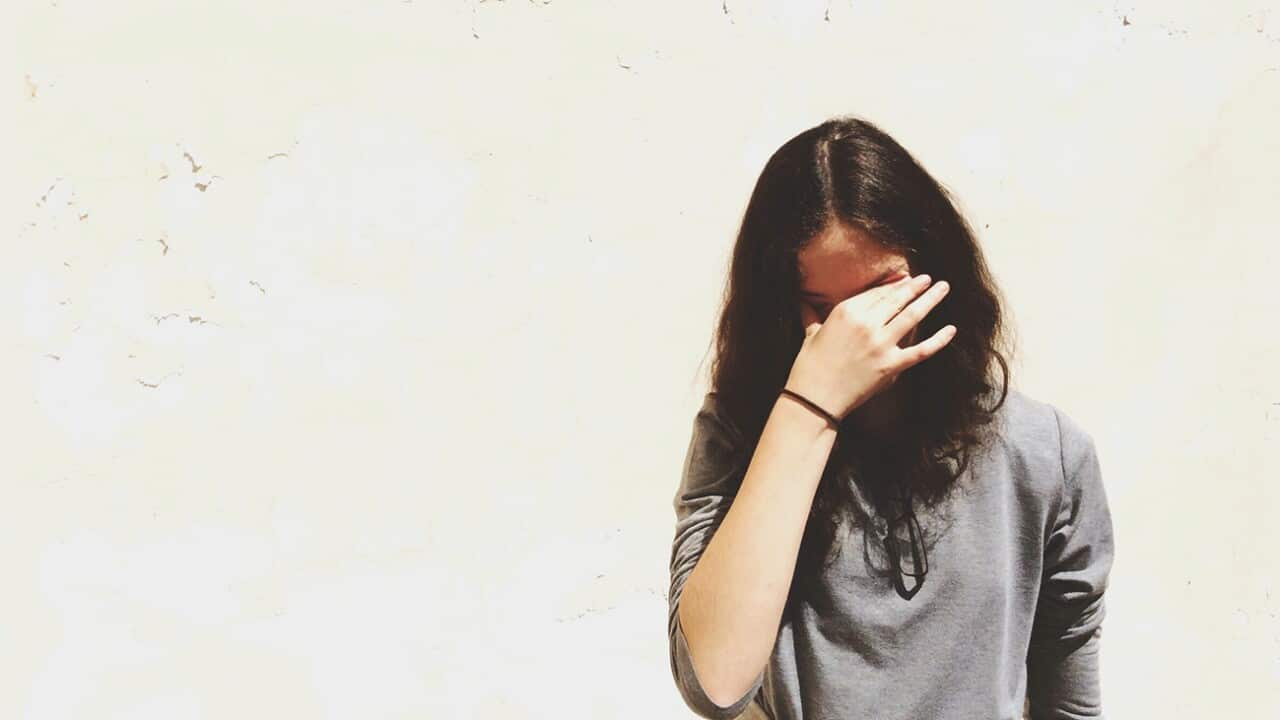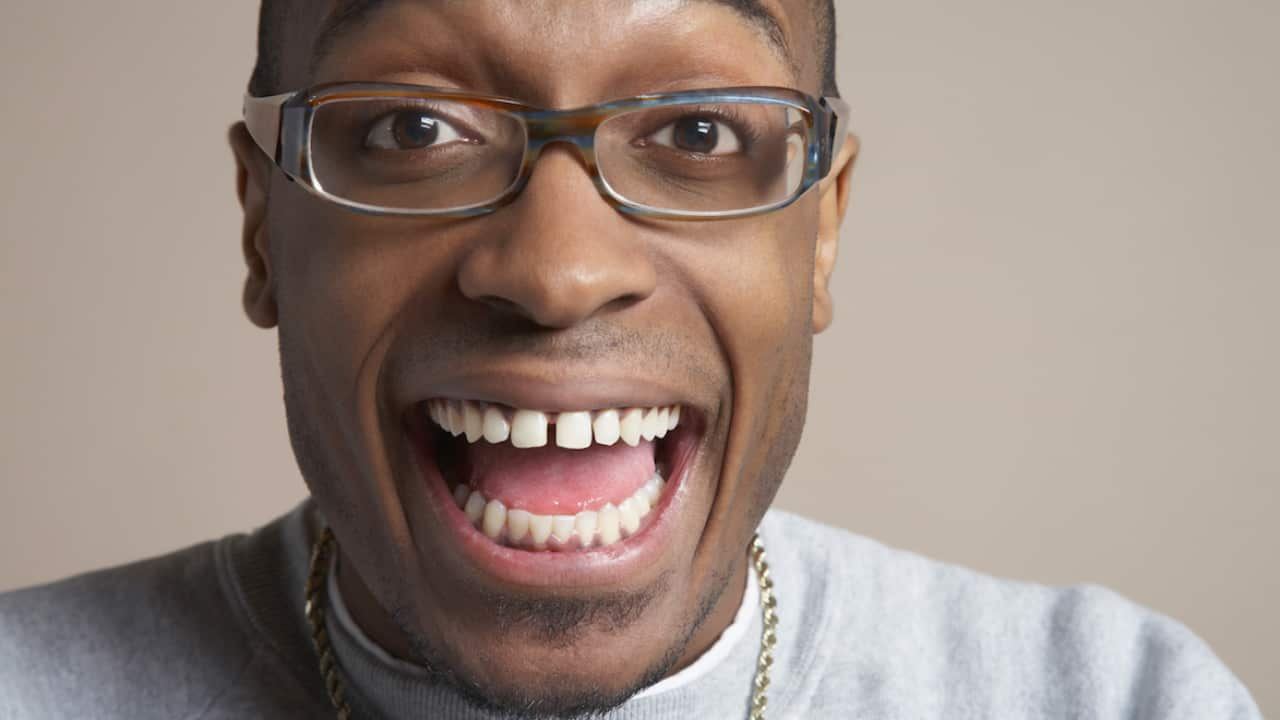"Whiteness told me that whiteness wasn’t supremacy, it was just behavior. Whiteness told me, 'Anyone can be equal, you just have to act right'."
Yesterday, activist and research assistant Tori Williams Douglass tweeted this, featuring the hashtag #WhitenessToldMe. Within hours, this hashtag was in Australia, tweeted over 1000 times. The immediate and substantial response to Douglass’s tweet tackled a broad experience of Whiteness, almost every response considering how, in one way or another, Whiteness tells us to accept its supposed superiority and consequently implies the inferiority of non-White people.
This ‘whiteness’ is not centred in a singular person, nor a specific institution—it is simply the cultural baseline, a default. The verb in #WhitenessToldMe underscores a subtle violence; without invitation, Whiteness tells you what it expects, and expects you to fall into line.
#WhitenessToldMe underscores a subtle violence; without invitation, Whiteness tells you what it expects, and expects you to fall into line.
Though Douglass writes from an American perspective, the assumption of white superiority also structures Australian society, history, and culture.
Australia was founded on this system of superiority; denying the existence of indigenous peoples and erecting a hierarchy of races. Whiteness tells us that when the British arrived in Australia, it was a terra nullius, ‘nobody’s land’. Whiteness erases the traumas it creates, tells us that it is not to blame; it tells us that the sovereign owners of this land for millennia, were to be regarded instead as ‘’, to be denied respect and ultimately . Although this discourse has changed, Whiteness today tells us that ‘true’ Australians are white, blonde, blue-eyed, shorts-wearing Vegemite-consuming surfers who may or may not have a southern cross tattoo to compliment their ‘Love it or Leave it’ sticker on the back of their 4WD. Whiteness demands from us: if you don’t look like this, where are you really from?
Whiteness tells us that even though (perhaps especially because) white people have immigrated themselves to this land, only the ‘right’ (white) people should be allowed to become citizens.
Whiteness tells us that even after the was dismantled, it’s still appropriate (and acceptable) for a politician like Pauline Hanson to warn the ‘real’ Australians that they are being ‘’ by non-White people in her maiden speech, in the hallowed halls of Australia's parliament. The continued endorsement of her beliefs is denoted by Hanson's election to high office as a senator in 2016.
Whiteness tells us that it’s perfectly normal for a reality TV show like ‘’ or ‘’ to have an all-white cast. Because in the ‘reality’ of Whiteness, this is what life is supposed to looks like. It serves Whiteness to repeat itself ad infinitum; to assume itself as the desired and desirable body.
But I think the most insidious thing that Whiteness tells us, repeatedly and insistently, is that it doesn’t exist. Its power lies in this feat of invisibility.
But I think the most insidious thing that Whiteness tells us, repeatedly and insistently, is that it doesn’t exist. Its power lies in this feat of invisibility. Established as the norm, Whiteness is perceived as ‘neutral’. As academic and writer
“White people don’t see that their own positioning is a created position. They think it’s a meritocratic situation . . . rather than that the entire culture is set up to help them. And so then they begin to believe that they are what is normal.”
This position of normalcy makes the phrase ‘’ uncomfortable and the term ‘white supremacy’ unspeakable, when they are in fact no more than terms that denote ‘reality’ cast in a different light. The reason why #WhitenessToldMe strikes a nerve is that Whiteness is always telling us. The hashtag is a rallying cry to speak back, to interrogate this once-invisible presence, to consider the hold it has on our lives. Due to the fact of its very colonisation, Australia is permeated by whiteness: it impacts presumably equal-opportunity societal structures like schools and universities; it bleaches our legislation and the way our ‘democratic’ government governs; it occupies mainstream and prime-time popular culture.
The hashtag is a rallying cry to speak back, to interrogate this once-invisible presence, to consider the hold it has on our lives.
In his illuminating piece ‘’, Andy Butler notes that without actively working against Whiteness as a default, we can only reproduce it. We must begin to start actively interrogating this damaging privileging of Whiteness in Australian society, as a norm, as a logic that determines what is right and wrong, legitimate and not.
I am writing as someone who has benefited from this very Whiteness. Inheriting my father’s very Scottish last name and my mother’s very diasporic knack for assimilation, my resumé and phone voice both seem inconspicuously white. Of course, Whiteness tells me: this is what you need to do to get ahead. It is all too easy to allow this dynamic to remain invisible, which is why it is all the more essential to engage with it. So long as Whiteness remains unacknowledged, uncritically accepted as the ‘default’, the injustices done to those excluded from its haven of privileged neutrality remain unaddressed. Because while Whiteness has done a lot of telling, it has not begun to answer for itself.
I could list so many other things Whiteness has told me, but lately I’ve stopped listening. There are more important voices to hear.
Leah Jing is the editor of , a platform exploring the Asian-Australian identity. She is a 2018 You can follow her on twitter .






